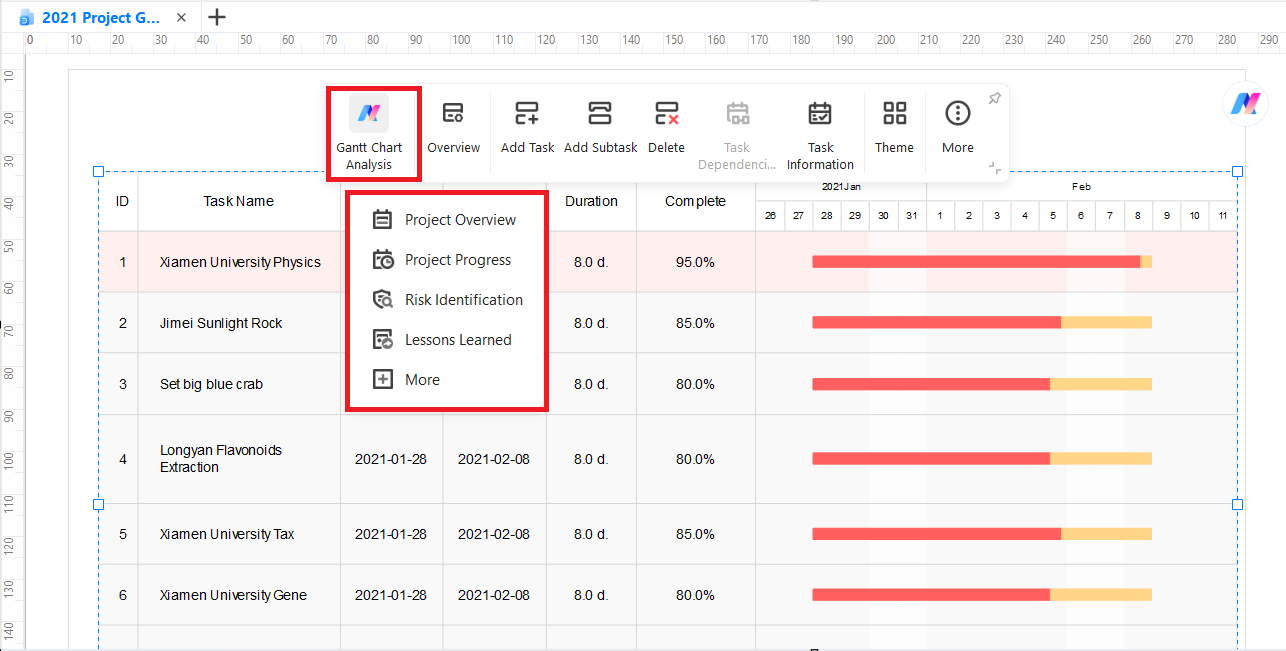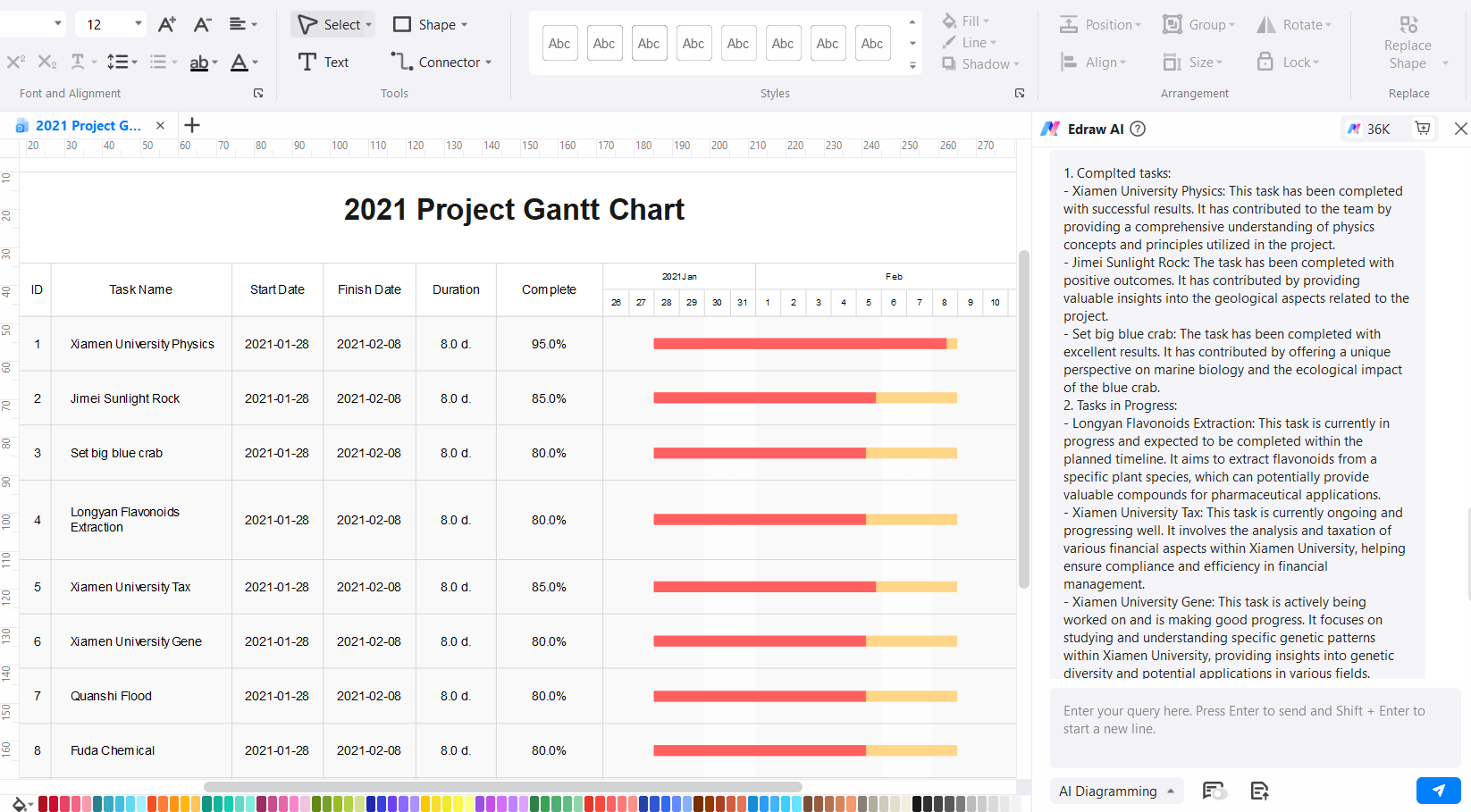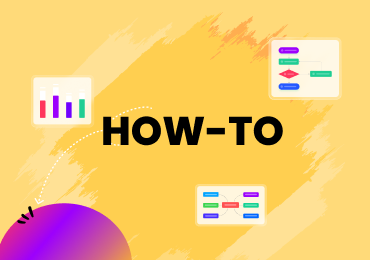Revolutionizing Project Progress Tracking: The Power of AI in Project Management
Unlock the potential of AI in project progress tracking. Explore real-world use cases, enhance efficiency, and drive successful project outcomes.
Efficiently tracking project progress is an important part of successful project management, ensuring timely delivery and effective risk mitigation. However, the transformative influence of artificial intelligence (AI) has reshaped conventional project management practices, automating operations and offering enhanced project oversight.
As a powerful tool, AI provides project managers with proactive risk management, real-time insights, and predictive analytics, revolutionizing the approach to project monitoring. Through its automated data gathering and analysis capabilities from diverse project sources, AI empowers project managers with comprehensive progress details and actionable insights for ensuring successful project completion.

This article will discuss the many ways artificial intelligence (AI) can be used to monitor project progress and offer advice on how to use AI-powered project management tools.
What is AI-driven Project Progress Tracking?
Project monitoring has historically depended on manual techniques that include laborious data input, spreadsheets, and recurring status reports. This manual monitoring is not free from limitations like human errors, delayed reporting, and difficulty managing complex and massive data volumes.
Given these drawbacks, automated and intelligent project progress-tracking systems are desperately needed. Real-time visibility into project status is made possible through automated technologies, which provide stakeholders access to current information. These technologies increase productivity by automating data gathering and analysis, freeing project managers to devote more time to strategic decisions.
In this setting, artificial intelligence (AI) becomes a transformational force. AI is superior at evaluating large datasets and spotting trends, patterns, and anomalies that may escape human approaches by utilizing sophisticated machine learning algorithms and data analytics.
It provides predictive insights that help project managers foresee future setbacks, identify problems early, and act quickly on well-informed decisions. Project progress tracking is revolutionized by AI, leading to more efficient and adaptable project management.
Benefits of AI in Project Progress Tracking
The use of Artificial Intelligence (AI) in tracking project progress provides numerous benefits that improve the efficacy and efficiency of project management.
Efficiency and Transparency
AI-powered project progress tracking reduces the likelihood of human error while significantly improving data analysis accuracy. It also streamlines the tracking process, boosting its efficiency and transparency. Real-time data updates provide stakeholders with quick access to project progress information, which encourages openness and accountability.
Automated Data Gathering and Analysis
Artificial Intelligence (AI) removes the need for human data entry by automating the gathering and analysis of project data. Project managers can make decisions based on accurate information since this automation guarantees consistent and accurate data processing while saving important time.
Predictive Analytics
The capacity of AI to provide predictive analytics is one of its most amazing aspects. Artificial Intelligence (AI) can predict any dangers or delays before they happen by examining past data and seeing trends. By taking a proactive stance, project managers may minimize interruptions and maximize project results by taking preventative measures.
How AI Is Used in Project Progress Tracking
AI-powered project progress tracking is utilized in many industries to save time and yield optimal efficiency. Some of the use cases are discussed below:
Gantt Chart Analysis
One of the most important use case of AI in project management is the Gantt Chart analysis. There are many tools that help you in this regard, one of them being EdrawMax.

For example, after you access the Poject Progress feature for the uploaded Gantt Chart, EdrawMax AI returns with the details for completed tasks, tasks in progress, and the upcoming tasks. To make improvements in the project, EdrawMax AI also provides you some suggestions along with each task report.

EdrawMax AI, as a part of EdrawMax, uses AI technology to provide advanced analysis of Gantt charts, facilitating comprehensive project progress tracking and management. Additionally, EdrawMax AI can offer predictive analytics, forecasting potential project completion dates based on the current progress and historical data.
Along with providing the analysis report, it also provides actionable insights for optimizing the Gantt chart and enhancing project efficiency. This includes recommendations for task reallocation, adjustments to task dependencies, or resource optimization strategies.
For Gantt Chart analysis, EdrawMax AI provides you with a lot of oprions like Project Overview, Project Progress, Risk Identification, Lessons Learned and more. You can choose any of these and get the results immediately.
KPIs for Project Management
AI has completely transformed the way projects are managed because of its extraordinary abilities at analyzing project data, keeping an eye on key performance indicators (KPIs) including quality assurance, risk management, task and milestone tracking, and change management in real-time.
AI digs deep into this data using natural language processing and machine learning to find complex trends, patterns, and outliers. This in-depth study provides project managers the useful insights on the project progress, enabling them to make data-driven decisions and optimize project performance.
Manufacturing Optimization
Artificial Intelligence monitors critical parameters such as manufacturing cycle durations and failure rates by analyzing data from sensors and machines. It ensures process efficiency by comparing these measurements to past data.
The capacity of AI to do predictive maintenance is revolutionary. Early detection of machinery wear and tear enables preventative maintenance and reduces downtime.
AI also reduces the expenses associated with excess inventory by anticipating changes in demand and modifying production plans appropriately.
Tips for Implementing AI in Project Progress Tracking
Adhering to best practices helps project managers to deploy AI in project progress tracking successfully. Some best practices that can be helpful include the following:
- Establish Specific Goals and Objectives: To begin integrating AI in project progress monitoring, clearly define your goals and objectives. Recognize the main issues you want to solve and the project management advancements you want to see.
- Data Quality Assurance: Verify the correctness, consistency, and quality of the data used in your project. Reliable insights from AI depend on high-quality data. Implement data cleansing and validation processes as part of your data management strategy.
- Integration with Current Processes: Easily include tracking AI-driven solutions into your project management software and processes. Maintaining compatibility and interoperability is essential to minimizing downtime and optimizing the worth of your current infrastructure.
- Data Security and Compliance: Prioritize data security and legal compliance, particularly when working with sensitive project data. To secure information, put strong security measures and data governance procedures in place.
- Scalability: Select AI solutions that are flexible enough to expand with your company. Ensure the AI system can manage growing data quantities and your projects' changing complexity.
Challenges and Considerations in AI-Powered Progress Tracking
When integrating AI into project progress tracking, overcoming obstacles and considering important elements are crucial. The following are some common challenges and things to think about:
- Data Quality and Integration: Ensuring that the data utilized by AI is of the highest quality and that it can be successfully integrated from several sources is one of the first hurdles. To mitigate this, it is important to invest in integration solutions and data quality technologies.
- Fairness and Bias: AI systems can provide biased results if programmed with biases from the training set. To guarantee fairness, it is important to routinely check AI systems for biases and make the necessary corrections.
- Cost and ROI: Putting AI into practice can be expensive, and recoup that investment may take some time. A comprehensive cost-benefit analysis is essential to support the early expenditures and establish reasonable ROI expectations.
- Continuous Monitoring and Evaluation: In order to keep AI functioning as effectively as possible, it's critical to set up procedures for ongoing observation, gathering user input, and assessing performance.
- Training and Expertise: Project teams may lack the knowledge and experience necessary to apply AI successfully. To make sure that teams can take full advantage of AI's potential, training, and upskilling investments are crucial.
A major problem with AI systems is their propensity for prejudice. Decisions made with bias can influence the results of projects. AI systems must be continuously monitored, assessed, and improved to lessen these difficulties.
Frequent evaluations can help in identifying and correcting biases, guaranteeing accuracy and fairness in tracking. To ensure compliance, firms must also be on the lookout for changes in data privacy legislation. By overcoming these obstacles, businesses can fully utilize AI to track project progress while maintaining data security, equity, and openness, improving project results.
Conclusion
The use of AI to track project progress offers significant and revolutionary benefits. The benefits include improved efficiency, accuracy, and predicted insights that enable well-informed decision-making. The many sectors represented by the use cases highlight AI's versatility and promise to improve project management, whether in project management using Grant charts, development, or manufacturing.
We strongly advise investigating AI-based tracking solutions as companies consider the direction of project management. Adopting cutting-edge technology gives you a competitive edge in a changing environment by opening up new possibilities for efficiency and transparency. So, explore AI solutions to take your project management techniques to the next level.





